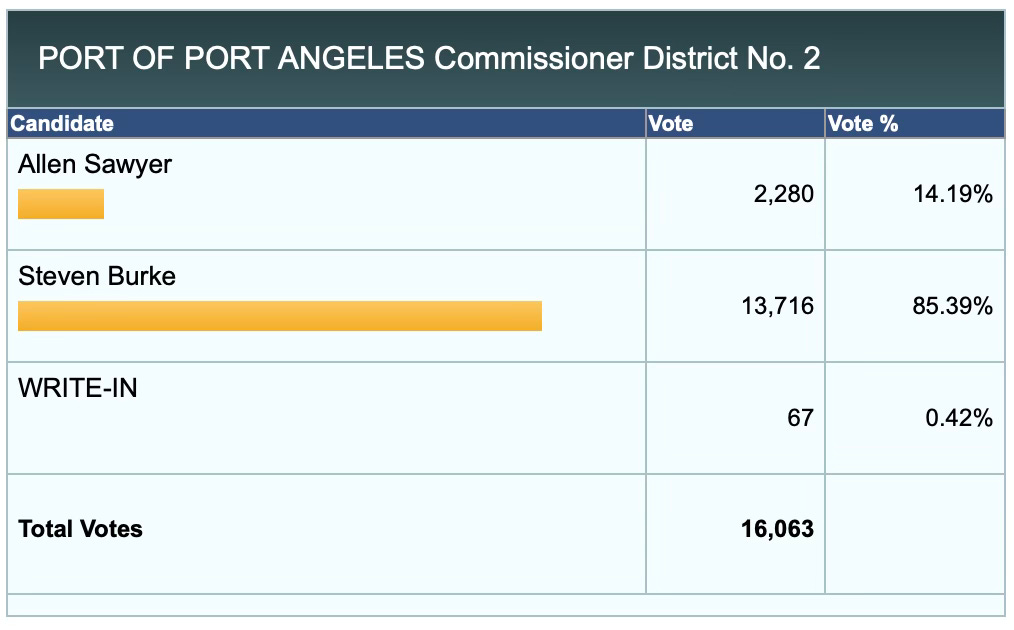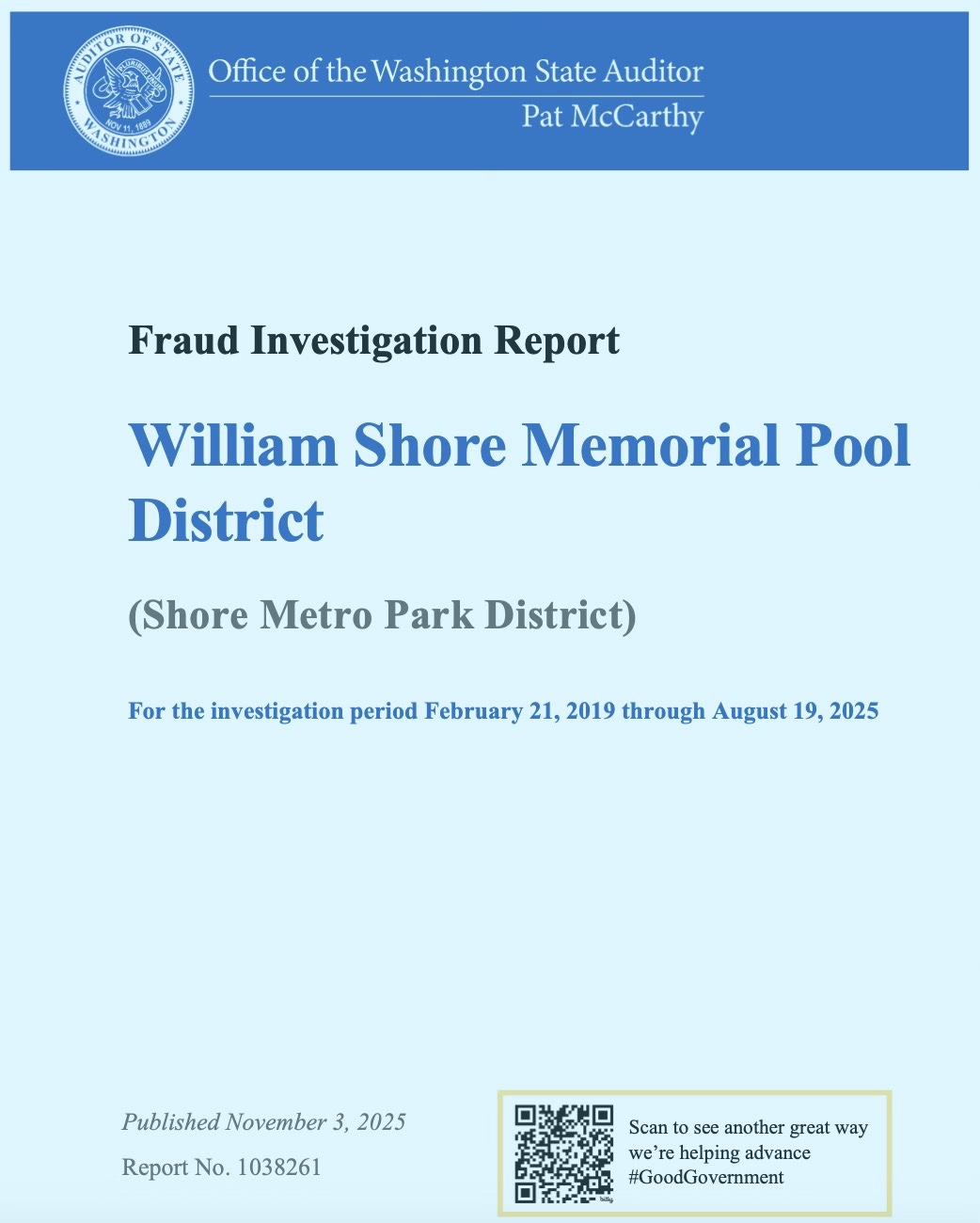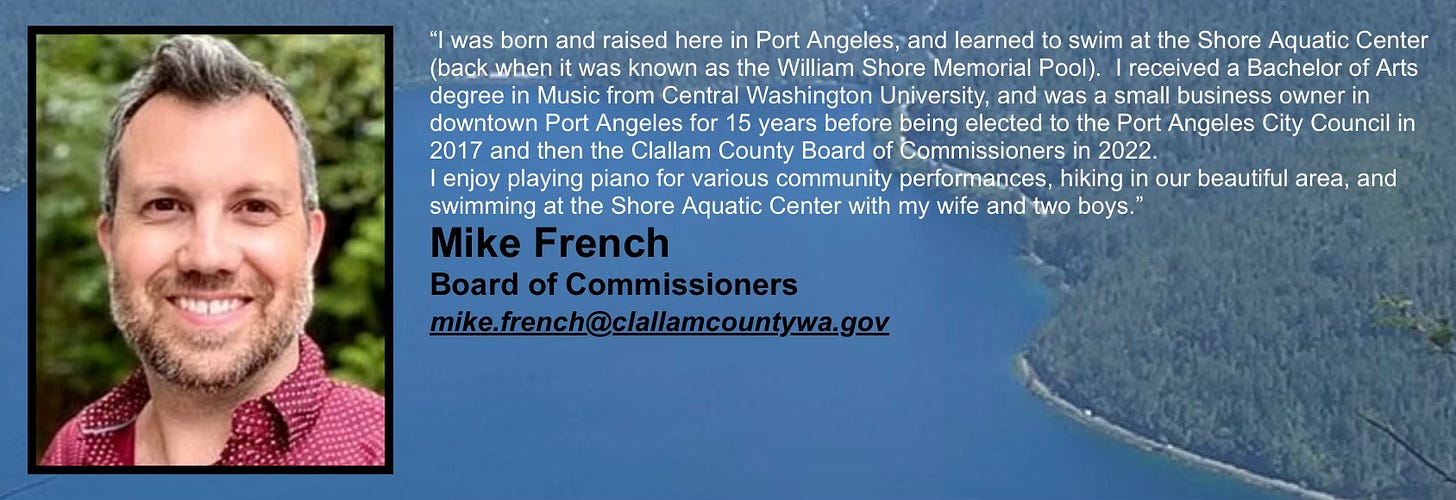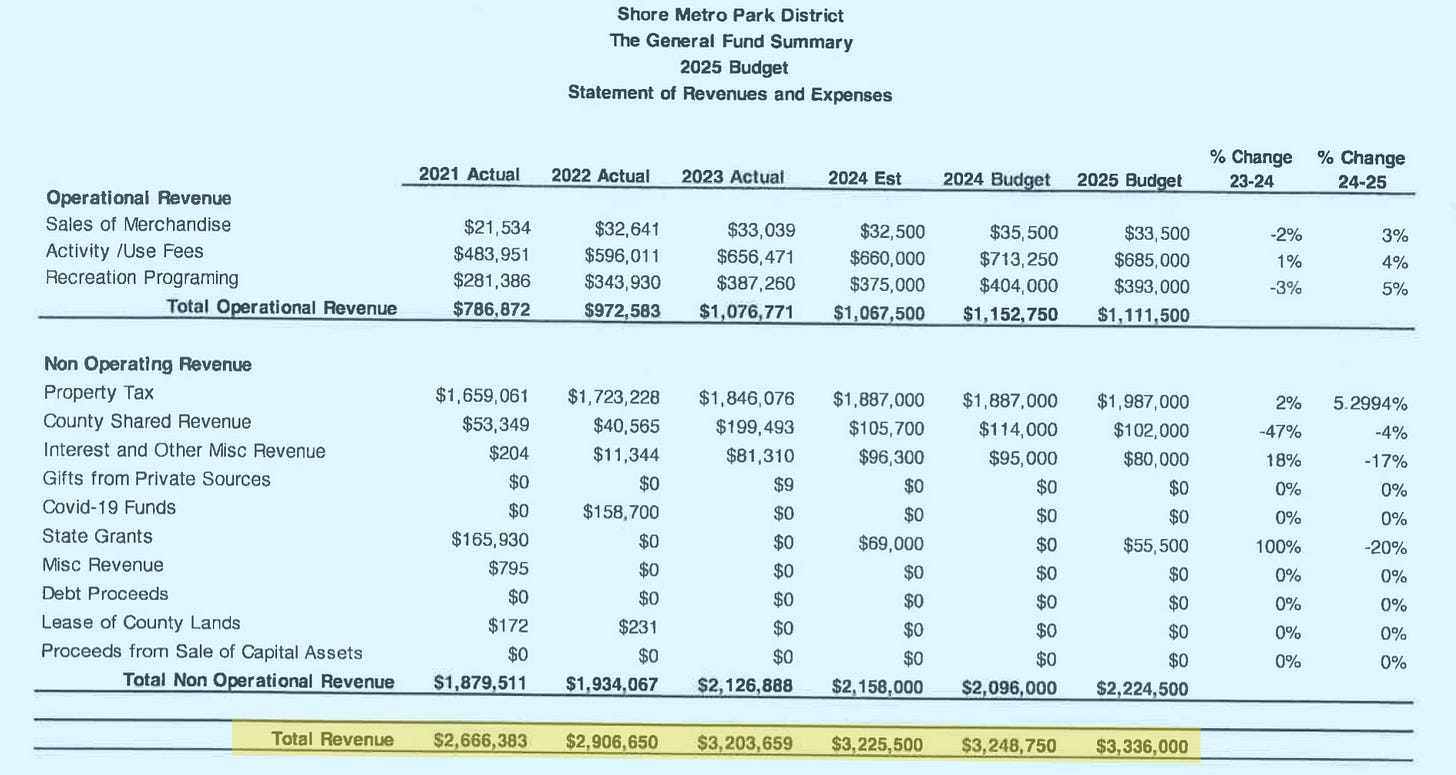A fraud investigation report released Monday by the Washington State Auditor’s Office found that the William Shore Memorial Pool District, led by Executive Director and Port Commissioner Steve Burke, lacked basic financial controls, resulting in at least $41,000 in personal benefit to Burke and $25,980 in additional questionable spending over a six-year period.
The 10-page report details how Burke — who also appears to have been reelected to the Port of Port Angeles with 85% of the vote — used public funds for personal fuel purchases, an oil change for his spouse’s car, prescription glasses, and transportation costs in Amsterdam. The report also cites self-insurance payments, Social Security tax refunds, and credit card activity that benefited Burke personally.

The Auditor’s Office concluded that “the District lacked internal controls and procedures over its essential functions, including disbursements, credit cards, and cash receipting.” The case has been referred to the Clallam County Prosecuting Attorney’s Office.
A Web of Local Officials
The District’s five-member board includes Clallam County Commissioners Mike French and Randy Johnson, Port Angeles City Councilmembers Navarra Carr and LaTrisha Suggs, and one community representative. These officials are responsible for oversight of the district’s finances and approval of all expenditures.
The Auditor’s findings raise concerns about how such lapses could occur under the supervision of four of Clallam County’s most visible elected officials. Both French and Johnson serve on an extraordinary number of boards — 21 for French and 20 for Johnson — raising questions about whether they can meaningfully oversee the numerous agencies and organizations they are tasked with supervising.
If problems like this went unnoticed at the pool district, it raises a fair question about what might be slipping through at the city and county levels — especially as Clallam County confronts a multimillion-dollar deficit.
How It Happened
According to the investigation, Burke’s questionable benefits and transactions included:
$19,067 in self-insurance payments, including $9,000 paid directly to himself without documentation of any medical expenses.
$14,338 in IRS Social Security tax refunds representing the district’s share of taxes, which were instead deposited into Burke’s account.
$7,743 in clearly personal credit card purchases, including $5,551 in fuel bought out of area, plus an oil change for his spouse’s car, prescription glasses, and travel in Amsterdam.
Another $17,244 in questionable credit card charges, much of it for fuel and vehicle-related expenses, that could not be verified as legitimate.
A $1,435 check written by Burke to an entity he controlled, Friends of the Shore Aquatic Center.
Auditors also found the district could not account for $2,183 in public funds and that Burke approved his own reimbursements and credit card statements with no oversight. The board relied on incomplete expenditure reports prepared by Burke himself.
The State Auditor recommended the district seek recovery of $14,338 in IRS refunds, any improper self-insurance and credit card payments, and $62,089 in investigation costs, as well as implement stronger financial controls and obtain signed employment agreements for executive staff.
Burke Responds
CC Watchdog reached out to Burke for comment. He replied by email:
“We are very surprised and disappointed to read the audit reports. I appreciate the support I’ve received. We look forward to the opportunity to share the full facts at the appropriate time, and am confident that ultimately this will be resolved with no adverse results. Thank you.”
Accountability at the Top
The Shore Pool District operates on $3.3 million in annual revenue funded primarily by taxpayers. It’s one of several local taxing districts overseen by elected officials who also hold multiple other posts in city, county, and regional government.
Given the scope of the audit’s findings — and the fact that four sitting city and county leaders sit on the board — the report underscores a deeper concern: a pattern of divided attention and inadequate oversight across local government.
As Clallam County faces painful budget decisions in 2025, including program cuts and rising deficits, the Shore Pool case may be just one example of what happens when our leaders have spread themselves too thin.



















